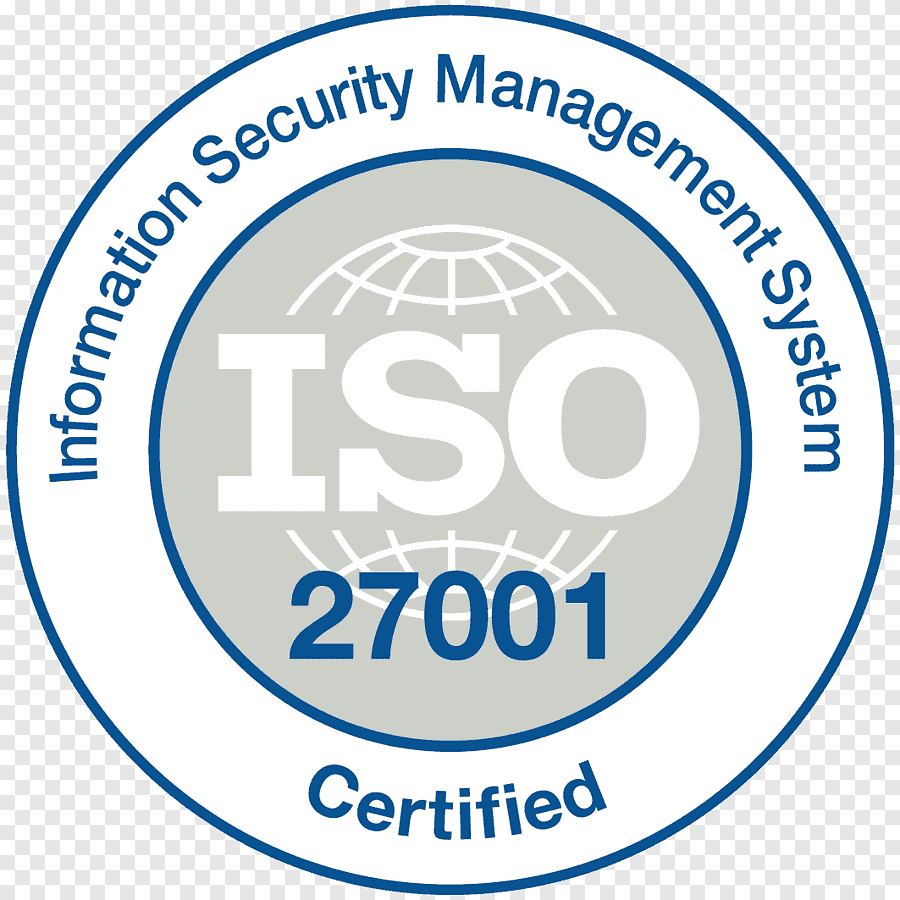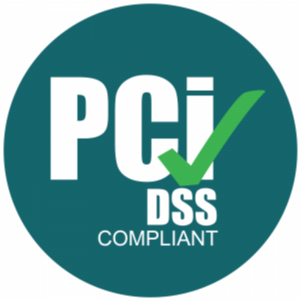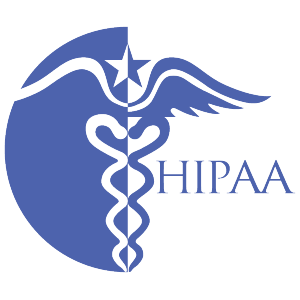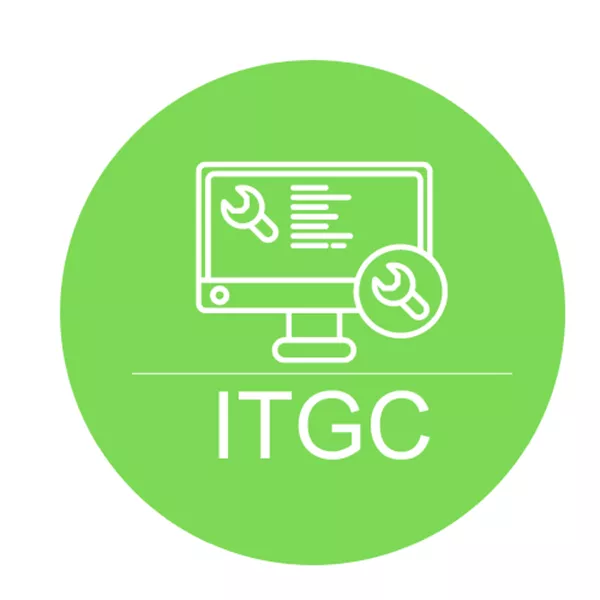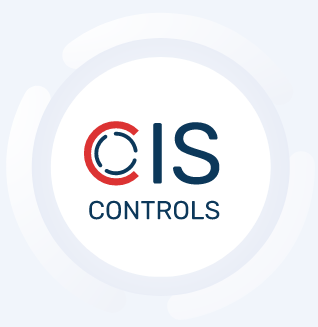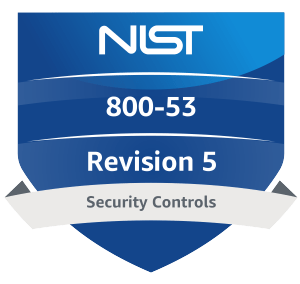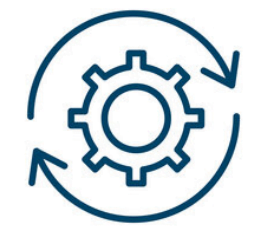SOC AUDIT
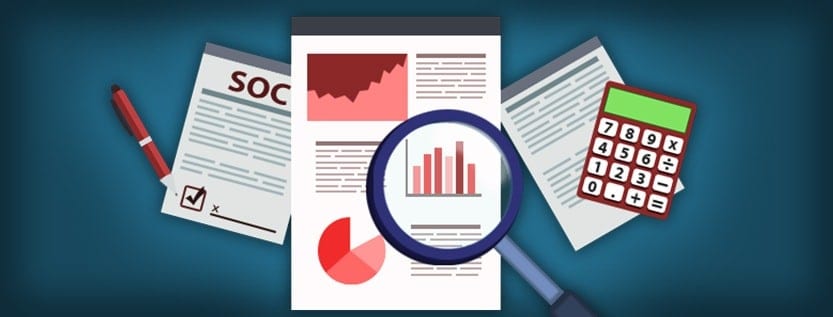
What is a SOC Audit?
SOC 1 Audits relate to organization’s ICFR (Internal Control over Financial Reporting). They are conducted against the assurance standards ISAE (International Standard for Assurance Engagements) 3402 or SSAE (Statement on Standards for Attestation Engagements) 18.
SOC 2 Audits assess service organization’s security, availability, processing integrity, confidentiality and privacy controls against the AICPA’s (American Institute of Certified Public Accountants) TSC (Trust Services Criteria), in accordance with SSAE 18. A SOC 2 report is generally used for existing or prospective clients. In the UK, SOC 2 Audits can also be carried out against ISAE 3000. You can learn more about using the ISAEs for SOC 2 examinations in the AICPA document Performing and reporting on a SOC 2® examination.
SOC 3 Audits are like SOC 2 Audits, but their reports are much more concise and designed for a general audience.
Why is SOC Audit important for your Organization?
- Cost Savings: Identifying and addressing control weaknesses early can prevent costly incidents and data breaches.
- Improved Relationships: SOC reports can foster trust and transparency between service organizations and their customers.
- Benchmarking: SOC reports allow organizations to compare their control practices to industry standards and best practices.
- Increased Trust and Credibility: A SOC report provides independent verification of your controls, demonstrating your commitment to security, compliance, and risk management. This can boost trust with customers, investors, and other stakeholders.
- Improved Risk Management: The Audit process helps identify and assess risks within your organization, allowing you to take proactive steps to mitigate them. This can prevent costly security incidents and data breaches.
- Enhanced Operational Efficiency: SOC Audits often reveal opportunities to streamline processes and improve internal controls, leading to greater efficiency and cost savings.
- Competitive Advantage: In Today’s security-conscious market, having a SOC report can give you a competitive edge by showcasing your commitment to data security and risk management.
- Reduced Compliance Burden: A SOC report can help meet various regulatory requirements, reducing the need for separate audits and saving time and resources.


Why is SOC Audit important for your Organization?
- Cost Savings: Identifying and addressing control weaknesses early can prevent costly incidents and data breaches.
- Improved Relationships: SOC reports can foster trust and transparency between service organizations and their customers.
- Benchmarking: SOC reports allow organizations to compare their control practices to industry standards and best practices.
- Increased Trust and Credibility: A SOC report provides independent verification of your controls, demonstrating your commitment to security, compliance, and risk management. This can boost trust with customers, investors, and other stakeholders.
- Improved Risk Management: The Audit process helps identify and assess risks within your organization, allowing you to take proactive steps to mitigate them. This can prevent costly security incidents and data breaches.
- Enhanced Operational Efficiency: SOC Audits often reveal opportunities to streamline processes and improve internal controls, leading to greater efficiency and cost savings.
- Competitive Advantage: In Today’s security-conscious market, having a SOC report can give you a competitive edge by showcasing your commitment to data security and risk management.
- Reduced Compliance Burden: A SOC report can help meet various regulatory requirements, reducing the need for separate audits and saving time and resources.
Our Approach
1. Defining the Scope and Objectives:
- Based on the nature of Business and the data handled we shall :
- Determine the relevant Trust Service Criteria (TSC): These criteria define the control objectives that will be assessed in the audit.
- Specify the Reporting Period: This is the timeframe for which the audit will evaluate the controls.
2. Preparing for the Audit:
- Gathering Documentation: This includes drafting policies, procedures, risk assessments, control activities, and evidence of control operation., according to the SOC2 Standard Requirements.
- Conducting a Readiness Assessment: This helps us identify any gaps or weaknesses in your controls before the audit begins.
- Communicate with the Auditor: Establish clear expectations and timelines for the audit process.
3. Conducting a Mock Audit:
- Performing Walkthroughs and Interviews: We'll observe your controls in action and speak with key personnel to understand how they work.
- Test of Controls: Our team will test the design and operating effectiveness of your controls through various methods like observation, inquiry, and analytical procedures.
- Management Response: Addressing any findings or exceptions identified during the mock audit.
4. External Audit, Reporting and Communication:
- The External Auditor issues a SOC Report: This report expresses the opinion on the effectiveness of your controls based on the TSC.
- Communicating the Report to Stakeholders: Sharing the SOC report with your clients, partners, or other interested parties to demonstrate your commitment to security and compliance.


